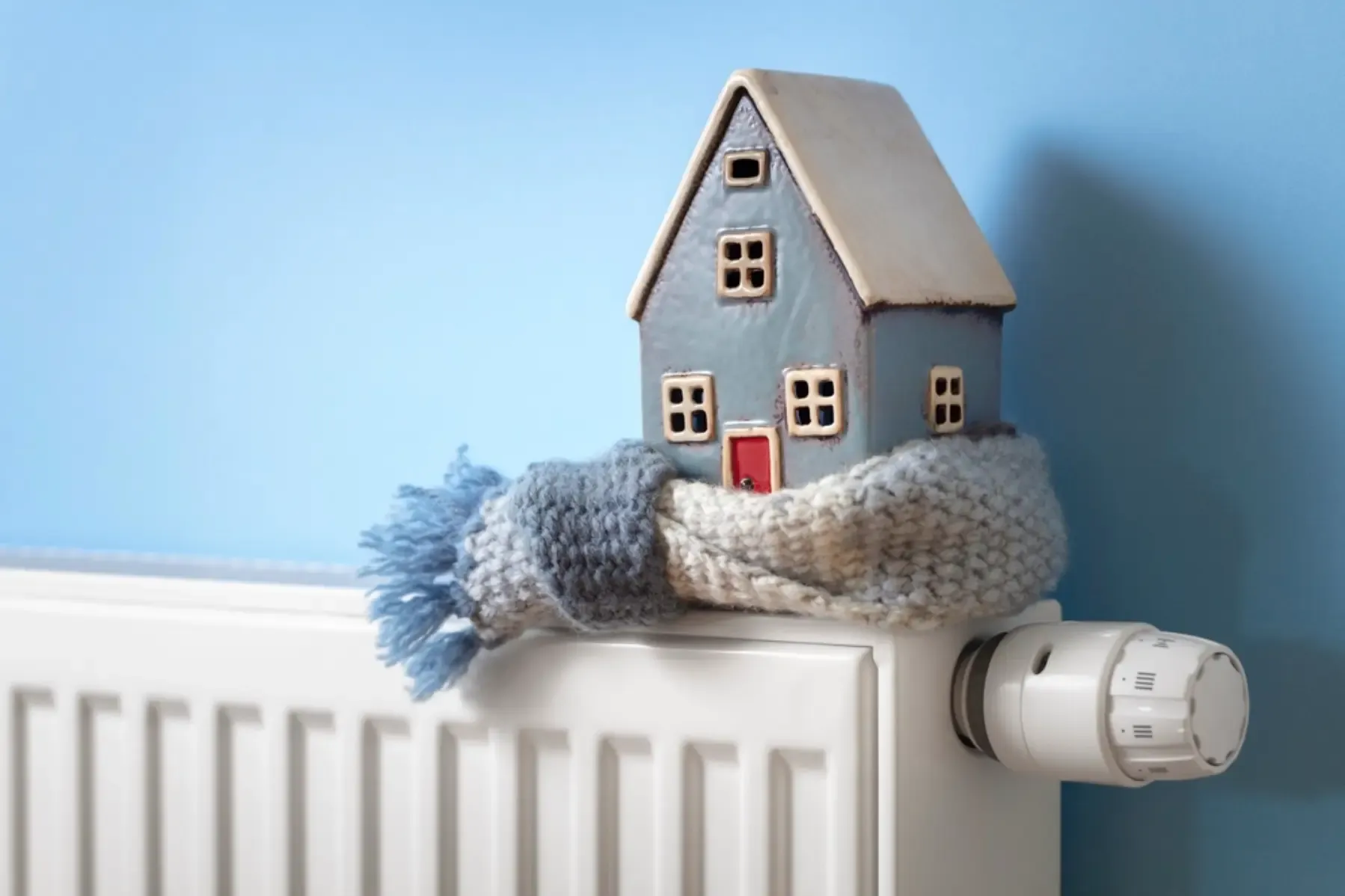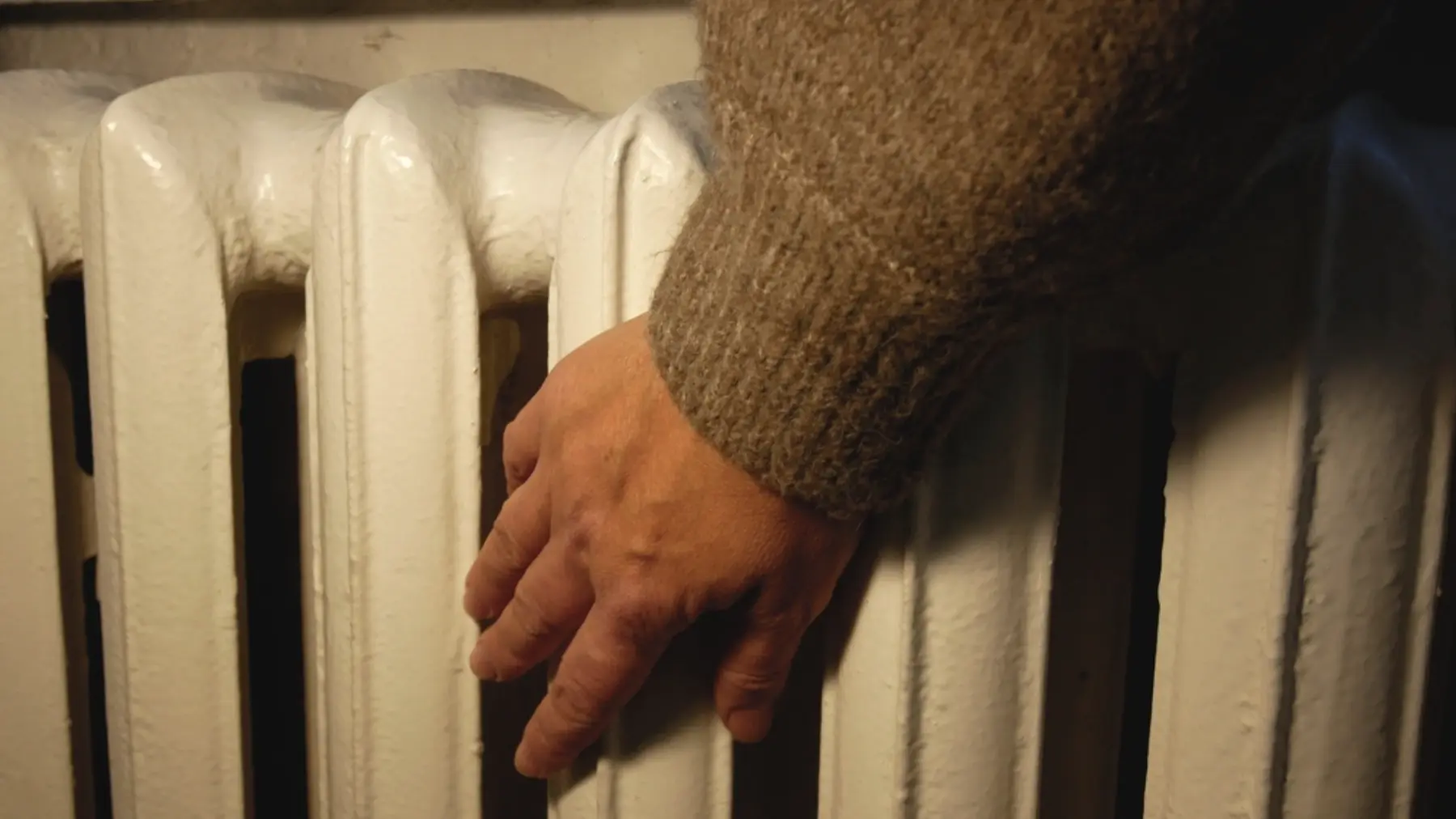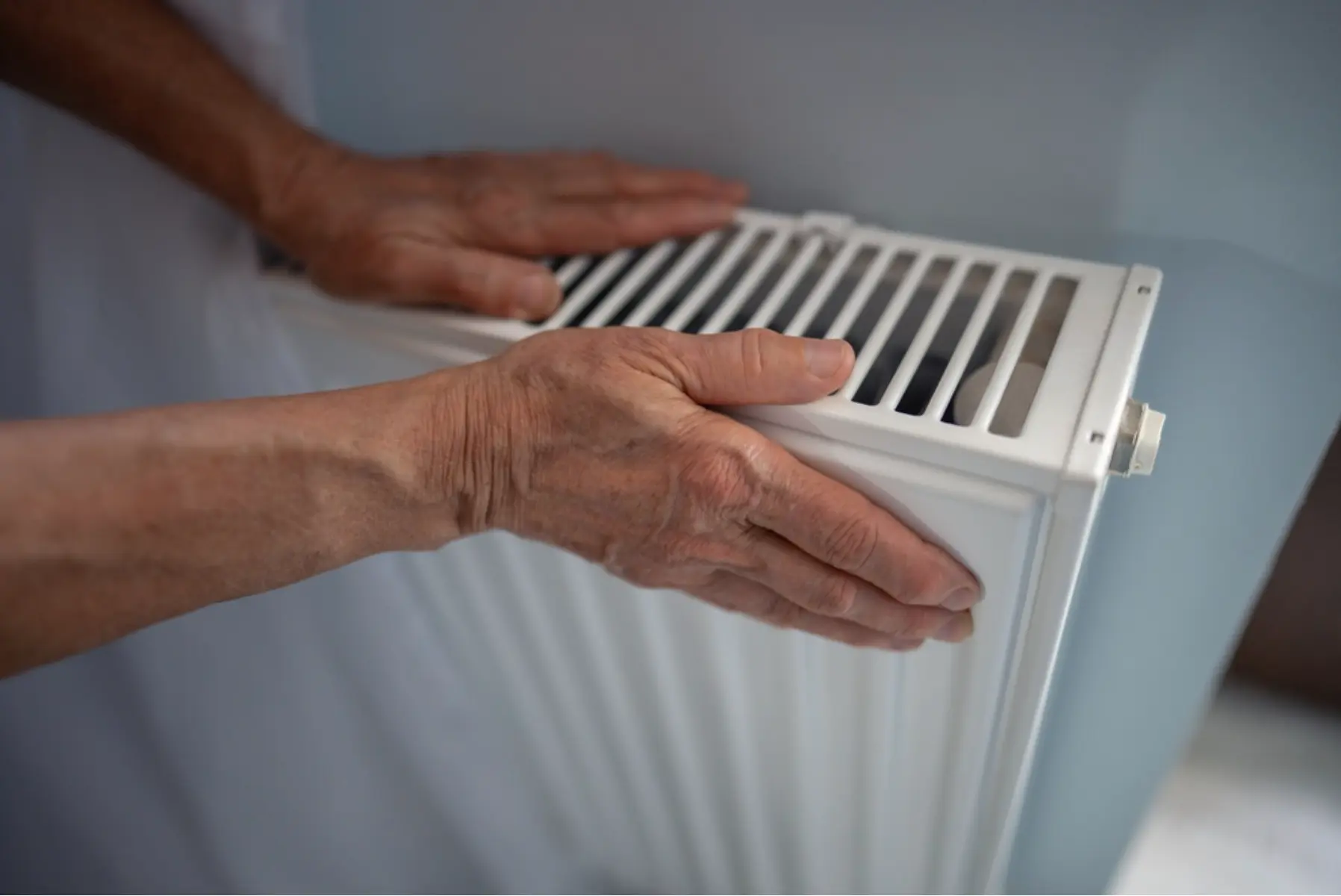
Radiator Not Heating Up? Here's What It Could Mean
When Should You Call For Help If Your Radiators Aren’t Heating Up?
There’s nothing worse than a chilly room in the middle of winter, especially when your heating is supposedly on. If a radiator is not heating up, it’s tempting to assume the whole system is on the brink. But it doesn’t always mean disaster.
In this guide, we’ll walk through what it means when:
- One radiator is not heating up
- Some radiators aren’t heating up
- All your radiators aren’t heating up
Each situation tells us something different about your central heating system, and while it’s tempting to start bleeding valves or twisting thermostats, some signs mean it’s time to call a professional.
One Radiator Not Heating Up
If just one radiator is cold while the others are working fine, the issue is likely localised.
It might be:
- Trapped air at the top of the radiator
- A stuck thermostatic radiator valve (TRV)
- A blockage or restricted flow of hot water
Try to bleed the radiator using a radiator key, especially if it’s cold at the top. If water flows out quickly and the radiator remains cold, the problem could lie deeper — possibly a seized valve or a balance issue.
This is a common issue in older systems and one we fix regularly. Don’t ignore it: even one faulty radiator can signal larger inefficiencies that drive up your bills.
Some Radiators Not Heating Up
If a few radiators aren't heating, it suggests a circulation problem. Water might not be flowing properly throughout your system due to:
- Sludge build-up in pipes or at the bottom of radiators
- Incorrect system balancing
- Failing pump or diverter valve
- A partially blocked zone valve (in multi-zone homes)
You may have tried bleeding a radiator, but if that hasn’t worked and multiple units are staying cold, your system needs more than just air release. A power flush might be the answer… or, in some cases, a system redesign.
At this stage, it’s best to call in a Gas Safe heating engineer. A quick diagnostic visit from the KD Jones team could save you from a future breakdown.

All Radiators Not Heating Up
When all your radiators are not heating up, the issue is usually at the heart of the system.
Typical causes include:
- A broken pump
- Boiler pressure drop or fault
- Faulty programmer or room thermostat
- Air locks or major blockage
- Frozen condensate pipe (in winter)
If your boiler is on, but no heat is circulating, controlling the flow of water has likely failed entirely. If you’ve already tried resetting your boiler, it’s time to call a professional. Don’t keep rebooting it, as that can cause further damage.
In some cases, it may even be time to consider a boiler replacement, especially if the unit is old or inefficient. At KD Jones, we offer 0% boiler finance to help homeowners spread the cost of a new, energy-efficient system, without paying interest.
How Long Should Radiators Take to Heat Up?
A healthy central heating system should see warm radiators within 10–15 minutes of switching on the heating.
If your radiators aren’t heating after this, or if some rooms heat and others don’t, something isn’t working properly. It might be an issue with air pockets, a valve problem, or low boiler pressure.
Delays and uneven heating often go hand-in-hand, and left unresolved, they can waste energy and make your boiler work harder than necessary.
Don’t Let a Cold Radiator Become a Cold House
Whether it’s one radiator or your entire system, don’t ignore it. Most radiator problems start small and only escalate when left untreated.
📞 Call us on 01737 211376
🌐 Visit our contact page to request a quote online
📍 Based in Redhill, we cover homes across Surrey and the surrounding areas
And if it turns out your boiler is the real issue? We offer 0% boiler finance to help you heat your home without the financial strain.

FAQs
1. Why is one radiator not heating up?
If only one radiator is cold, it could be a stuck TRV, trapped air, or poor flow to that part of the system. Bleeding may help, but further diagnosis might be needed.
2. I’ve bled my radiator but it’s still cold — why?
Bleeding only removes trapped air. If the radiator is still cold, you might be dealing with sludge, a valve fault, or poor system balance.
3. What if some radiators aren’t heating?
This usually means a circulation issue. It could be due to pump failure, partial blockages, or your system needing rebalancing.
4. Why are all my radiators cold?
If none are working, it’s likely a boiler, pump, or control fault. It’s not usually something you can fix yourself — call a heating engineer.
5. How do I know if the boiler is to blame?
Check for error codes, flashing lights, or no hot water. If everything’s cold and silent, your boiler might not be firing up properly.
6. How long do radiators take to heat up?
Most radiators should warm up within 10–15 minutes. If yours take longer, it could signal a bigger system issue.
7. Can I fix a cold radiator myself?
You can bleed it using a radiator key and check that the TRV is open. If that doesn’t work, get a professional in to avoid damaging your system.
8. What causes radiators to be cold at the bottom?
Sludge and debris settle at the bottom over time, blocking the flow of hot water. A power flush may be needed to clear it out.
9. Is it expensive to fix radiator issues?
Minor problems can be solved affordably. But leaving it too long could result in pump or boiler damage, which costs more in the long run.
10. What if I need a new boiler?
No need to panic; KD Jones offers 0% boiler finance, helping you spread the cost with no interest and no large upfront payment.








